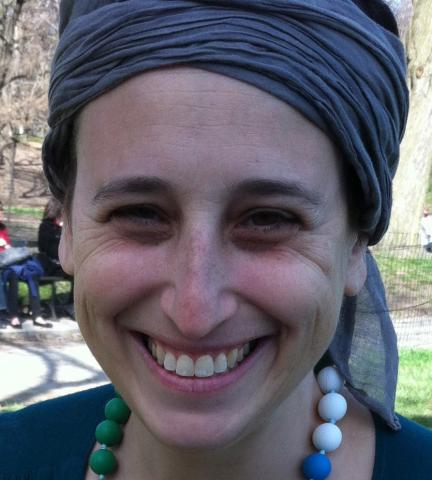Reflections from Jen Abrams

White Conversations is live and in the world! I wanted to share some reflections on our experience yesterday.
Here’s the headline, and it’s a shocker: it is hard to get white people to talk about race.
Look, I get it. It’s a beautiful Saturday morning. You had a hard week. And I’m asking you to talk about…race? And not just to nod solemnly in agreement about how terrible racism is. I’m asking you to get uncomfortable. (Uncomfortable in a beautiful park with some homemade blueberry iced tea, but still.)
The aspects of white culture that hold racial inequality in place were wound around our psyches in tiny, intricate ways over decades. Disentangling ourselves from them is slow, careful work.
It’s no accident that white people don’t want to talk about this stuff. Structural racism is a virus that has evolved to preserve itself. The fear white people feel when asked to think about it is integral to structural racism’s survival.
Most of the people who declined to talk with us on Saturday had probably never even considered talking to another white person about whiteness. So now they’ve considered it. It’s a drop in the bucket, but how else will the bucket get full?
About a dozen people did come into the tent and talk with us. Those conversations were honest, painful, inspiring, and healing. I grew and learned from each one, and I know they did too.
Many, many more people tentatively approached the tent, looked confused, and asked us what we were doing.
For a lot of them, they could not imagine a white conversation that was about racial healing. This isn’t surprising - most of us associate all-white spaces with exclusive country clubs and the Woolworth’s lunch counter. We associate racial progress with integration, not separation. A white affinity group feels inherently uncomfortable. Finding a way to make those folks feel welcome is an important issue for us to address as this project evolves.
Others took pictures of our sign and quickly declined our offers to talk. That made me think a lot about the way we as Americans are encouraged to consume rather than engage. I’m curious about where those photos will go. Each carries our message: white people need to talk to white people if we want true racial healing.
I consider each of these interactions a success.
This project is a huge experiment. Here’s to some mighty drops in the collective bucket.
